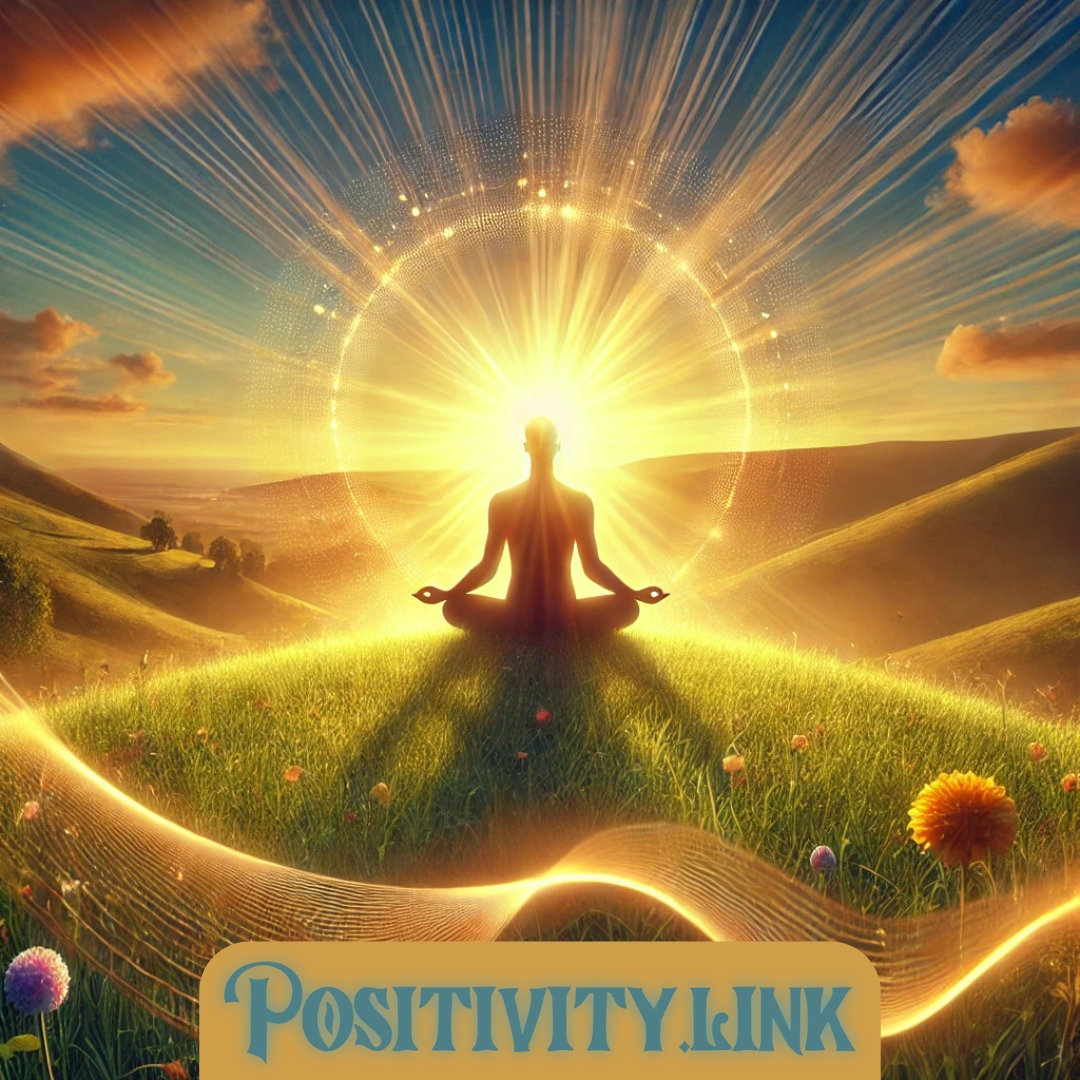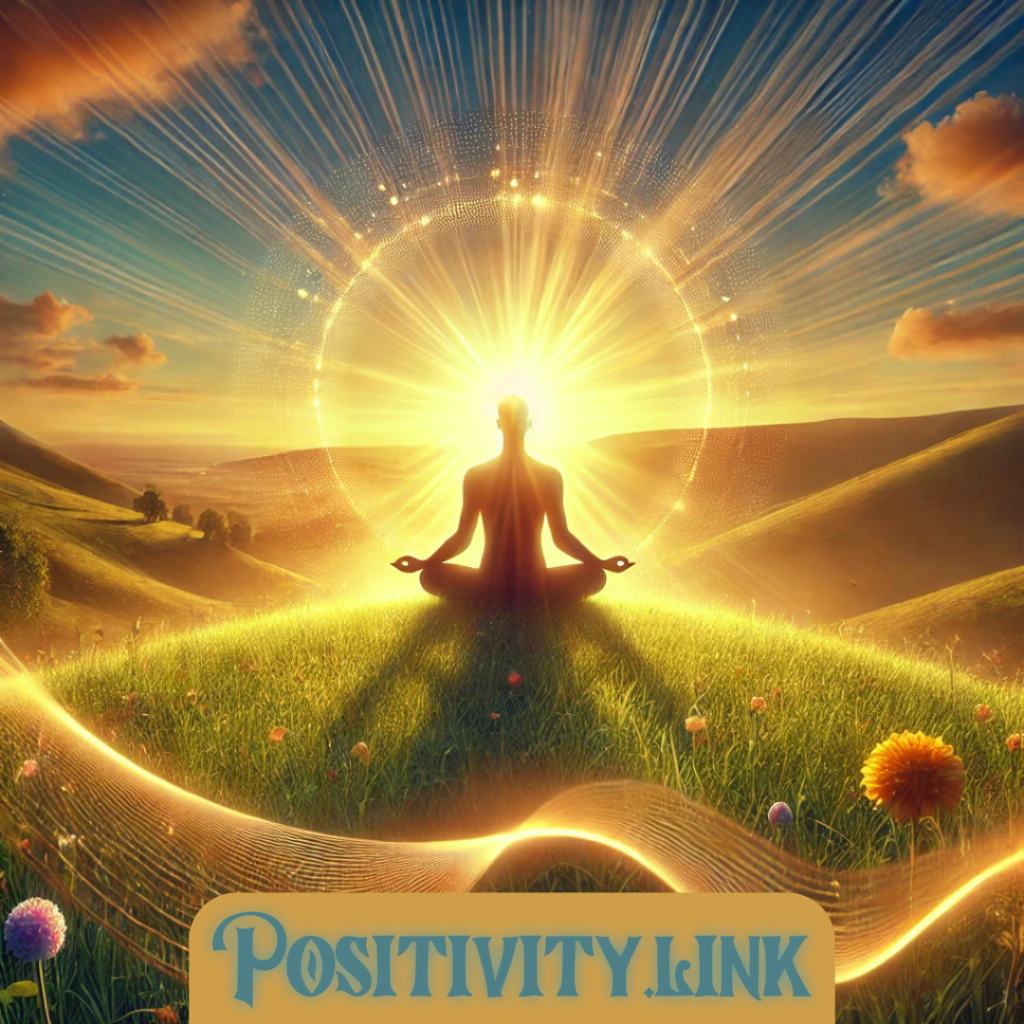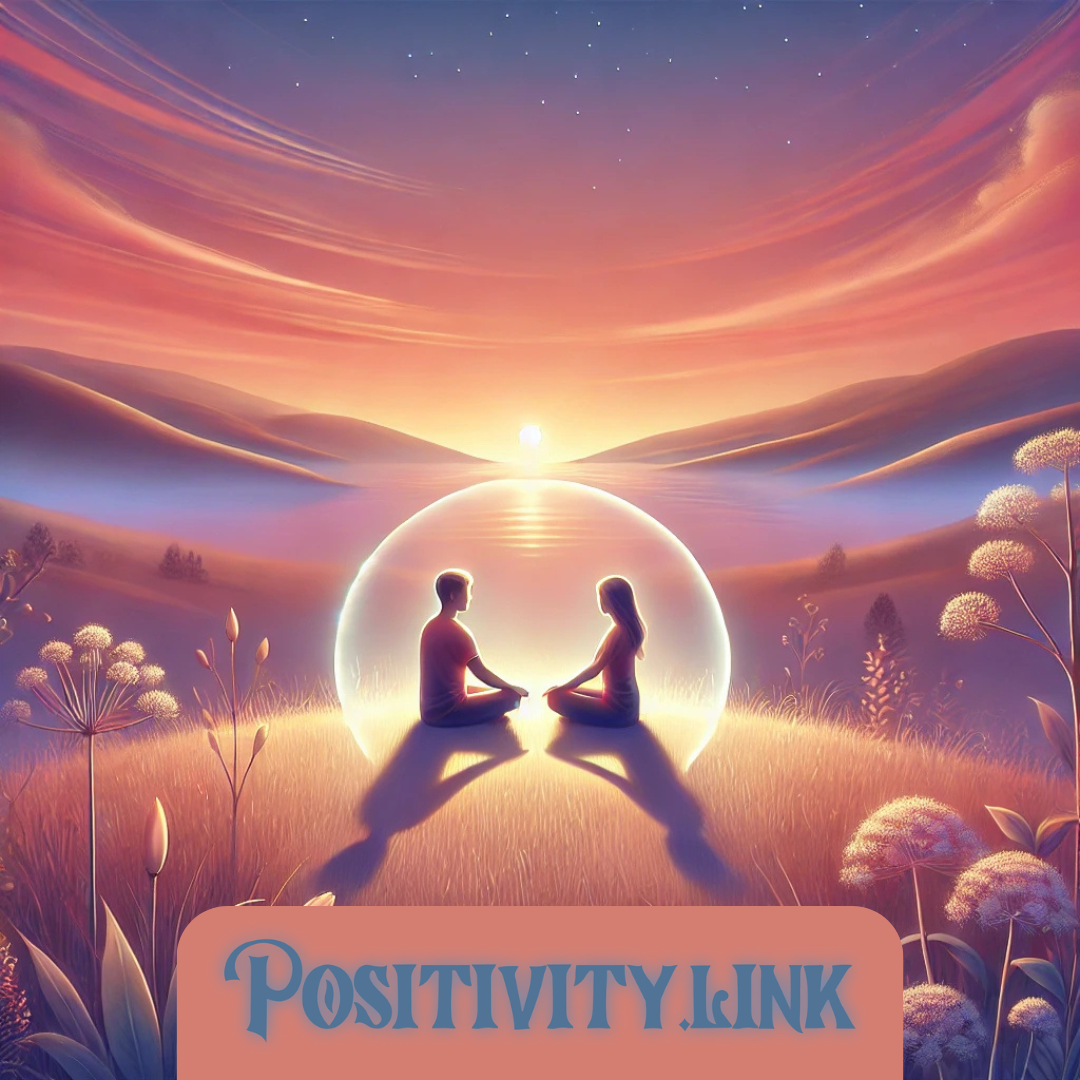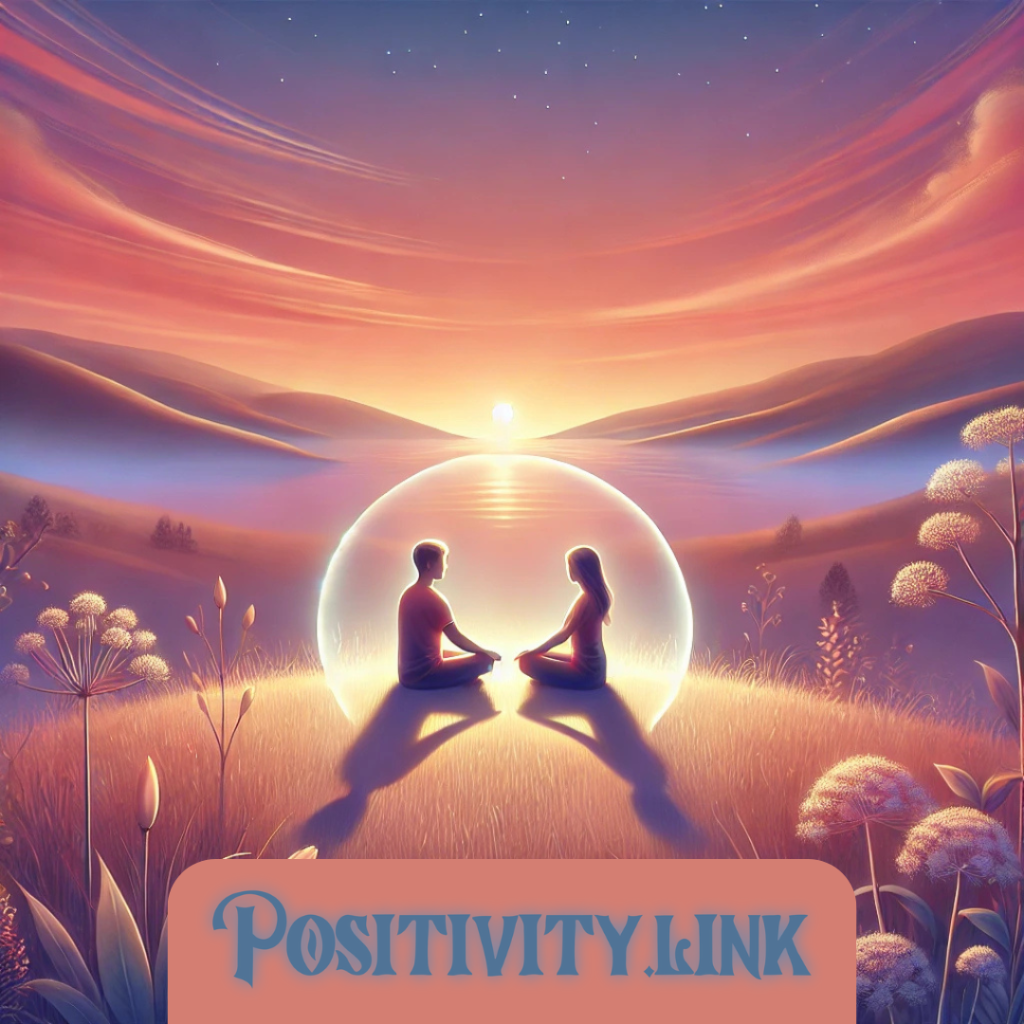In a world that’s constantly buzzing with messages, status updates, and notifications, it can feel like we’re always talking but not truly communicating. Yet in our deepest hearts, we yearn for those moments of connection—the times we feel seen, heard, and genuinely understood. This longing underscores the importance of intentional, loving communication in our relationships. Whether it’s with a romantic partner, a close friend, a family member, or even a kind stranger, how we share our thoughts and feelings can transform ordinary encounters into meaningful bonds.
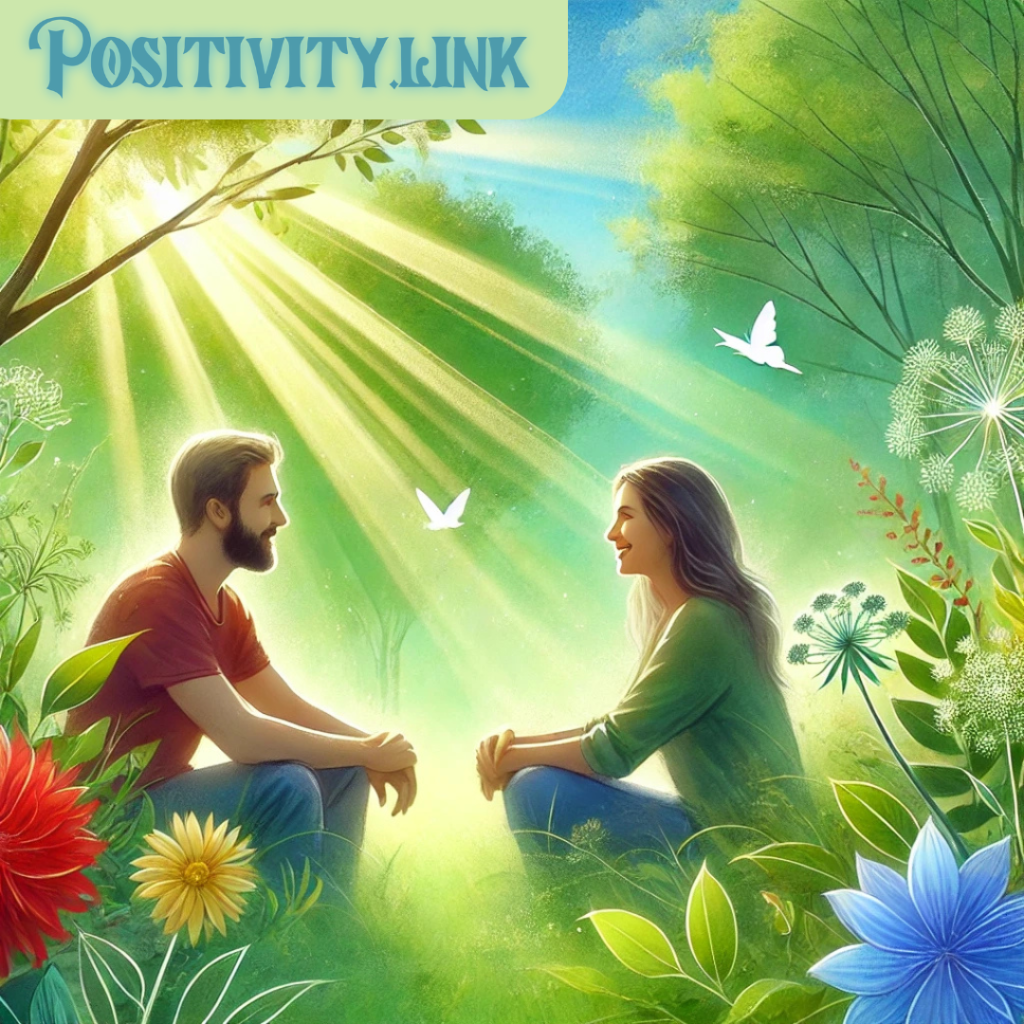
Embrace the Art of Truly Listening
Communication doesn’t start with what you say; it begins with how you listen. When you approach a conversation with an open mind and a compassionate heart, you signal to the other person that they matter. Put down the phone, make eye contact, and truly hear their words. Notice the nuances: the emotion in their voice, the way their posture shifts when they speak, and the pauses that often say more than the sentences themselves. In these quiet spaces, trust and understanding take root.
Speak with Warmth and Understanding
When it’s time to share your thoughts, approach the moment as an opportunity to connect rather than to persuade or prove a point. Speak calmly, choose words that uplift, and acknowledge that your perspective is just one piece of a bigger picture. It’s okay to express what you need and how you feel, but do it with kindness. Remember that everyone comes with their own histories, fears, and dreams—when we respect and honor that uniqueness, our words carry the power to heal, not harm.
Celebrate Differences, Find Common Ground
Loving relationships aren’t born out of sameness; they flourish when we celebrate what makes each of us special. Effective communication helps bridge differences, turning disagreements into opportunities for growth. Instead of seeing contrasting opinions as threats, consider them as invitations to expand your understanding. By honestly acknowledging what sets you apart and then seeking a shared vision or value—like kindness, honesty, or mutual support—you create a sturdy foundation that can weather life’s storms.
Allow for Vulnerability and Imperfection
No one communicates perfectly 100% of the time. Misunderstandings and hurt feelings can arise despite our best efforts. This is not a sign of failure; it’s part of being human. The beauty lies in being willing to admit when you’ve made a mistake, to say “I’m sorry” when needed, and to forgive others with an open heart. Through these moments of humility, we learn that authenticity is far more valuable than an illusion of flawlessness. The trust built in these moments can often strengthen a relationship even more than flawless communication ever could.
Create Safe Spaces for Openness
One of the greatest gifts you can give in a relationship is the feeling of safety: the assurance that someone can share their truth without fear of judgment or rejection. By approaching conversations with curiosity rather than criticism and by reassuring the other person that their voice has value, you help cultivate a sacred space where real transformation can happen. Over time, these supportive dialogues become the lifeblood of deeper, more loving connections.
Embrace Modern Tools with a Mindful Touch
We live in an age of digital connectivity—text messages, voice notes, social media platforms, and video chats connect us instantly. While these tools can never replace the warmth of a face-to-face conversation, they can complement and enhance our relationships when used mindfully. A thoughtful message sent at just the right time can bring comfort, a video call can bridge miles of distance, and supportive online communities can amplify positive energy. The key is to approach all forms of communication—online or offline—with sincerity and respect.
Grow Together Through Every Conversation
Every discussion, whether joyful or challenging, is a chance to learn more about one another. Over time, these shared experiences strengthen bonds, allowing you to understand subtle cues, appreciate quiet gestures, and anticipate the emotional needs of those you care about. The path isn’t always smooth—sometimes you’ll stumble over words, misunderstand signals, or struggle to find the right timing. That’s okay. Growth is about embracing these bumps and using them as stepping stones toward deeper understanding.
Your Commitment Shines a Light for Others
Your dedication to practicing loving communication is an act of service not only to those you speak with but also to the wider world. By demonstrating kindness, patience, and empathy in your everyday conversations, you inspire others to do the same. Each heartfelt exchange can ripple outward, encouraging more people to value harmony over conflict, connection over division. As we all lean into kindness, our communities grow warmer, more supportive, and more uplifting.
Join a Community That Supports Your Journey
Building and maintaining loving relationships through open communication isn’t a journey you have to undertake alone. At Positivity.link, we’re creating a community dedicated to uplifting conversations, supportive friendships, and genuine care. Here, you can share your experiences, learn from others, and find the encouragement you need to continue growing as a loving communicator. Together, we can foster an environment where every voice matters and every heart finds a place to belong.
One Conversation at a Time
Effective communication isn’t about mastering a set of techniques; it’s a lifelong dance of empathy, authenticity, and courage. Each time you listen without judgment, speak with kindness, and find common ground despite differences, you’re nurturing something precious: a loving, resilient relationship that can weather the challenges life brings. As you move forward, remember that each conversation is a new beginning, an opportunity to deepen bonds, spark understanding, and shine a little more light into the world.
We may not always say the perfect thing, but when our words are wrapped in kindness and carried by a genuine desire to connect, we weave relationships that stand strong through time. Let’s continue walking this path together, heart to heart, encouraging one another to communicate lovingly and live more compassionately, one uplifting conversation at a time.


